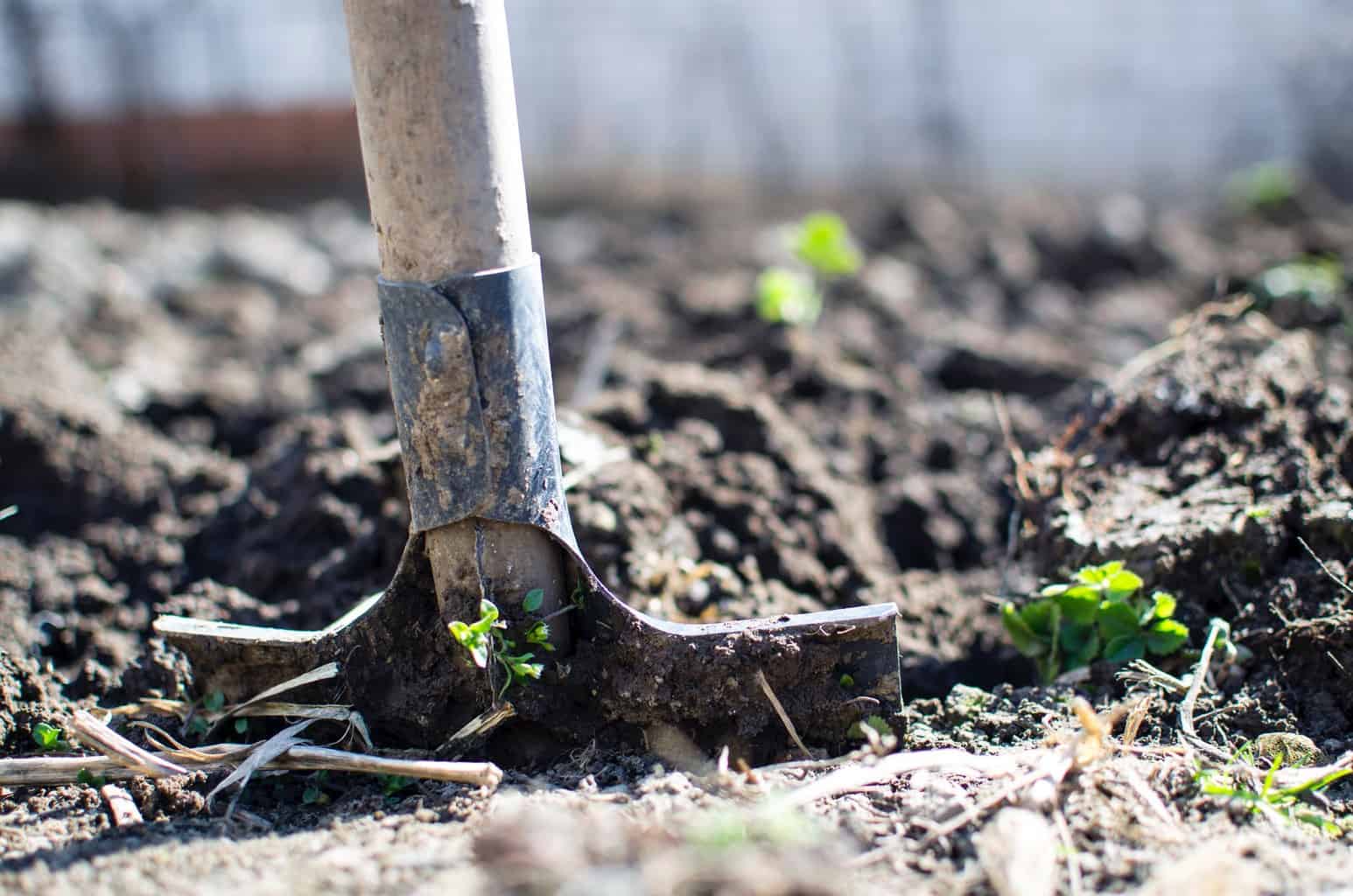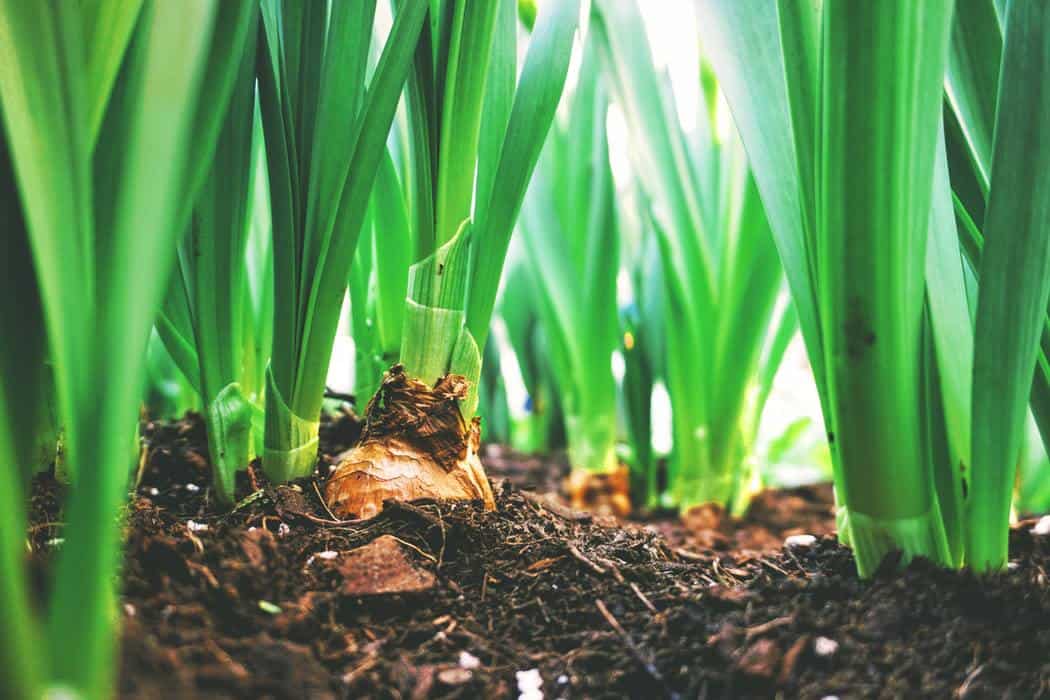Creating your own compost can be both economically and environmentally rewarding. You are upcycling your kitchen waste for gardening purposes. The downfall is, you may find yourself asking why your compost has mold. Should this be something to be concerned about?

Why is My Compost Moldy?
We may have always been taught that mold is not good to have or be around. In large quantities it can make you sick. And it’s just not healthy to be around. This may be why you’re concerned about your compost having mold and what you should do about it.
It is important to understand what the purpose of mold is. Once you understand that, you can figure out what to do about the mold.
Mold decomposes organic material. It is a fungus that plays a big role in every ecosystem on this planet. Without mold, organic material can not effectively decompose. And this is exactly why there is mold in your compost. It is what will transform your food waste into usable compost for gardening.
Is the Mold in Compost Harmful to Plants?
Plants can thrive with a little help from homemade compost. Should you be worried about the mold in your compost? Is there a concern of possible negative effects it may have on your plants?

The answer is No. You do not have to worry about the mold in your compost pile harming your plants. For as long as there are decaying organic materials, oxygen, and moisture, mold can be found. And this means that plants are often exposed to mold without it ever presenting any risks.
According to Science Daily, mold can even help cure plants from diseases. Mold is definitely a friend rather than a foe, to your growing grade.
What Mold Looks Like
Mold that will not post any threat to your plants either look white or green with a cotton like texture.
- White mold is found on decaying wood and paper.
- Green mold is found on food waste.
- Pink mold grows from ingredients found in household cleaning products. These slow down the composting process. You can avoid growing pink mold by making sure your compost pile has not been exposed to any cleaning products.
Keep an eye out for healthy mold colors. Anything that does not fall under white, green and pink, should be a cause for concern. This indicates that you have harmful mold present.
Removing Mold From Your Soil
It’s normal to experience the growth of mold on your soil after it has been mixed with your homemade compost. But it is not good to have a lot of mold around your growing plants. This is a quick guide on how to remove mold from your soil.
- Remove plant: move your plants to either pots or soil that does not have any mold on it.
- Scrape off any mold on the surface of the soil: you can use any tool to do this. Just make sure you remove as much visible mold as possible.
- Let your soil dry out: mold thrives the most in wet and damp conditions. Letting your soil dry out entirely will kill the mold.
- Treat your soil with an organic antifungal: to be 100% sure that all the mold is gone, you can add an organic antifungal treatment to your soil before you reuse it.
Can You Use Moldy Food Waste in a Compost?
Since it is mold that’s helping with the composting process, it is absolutely okay to add moldy food waste to a compost pile. In fact, it even speeds up the process of composting.
Tips for adding moldy food waste to your compost pile
- Put a layer of newspapers, cardboard, straw, or plant clippings under and on top of the layer of moldy food. This helps keep the heat in, and encourages the composting process to speed up.
- Keep compost pile wet, but not soaked.
- Make sure your pile constantly has access to oxygen
- Add manure if you want rodents to steer clear of your compost pile
- Only use vegetable and fruit waste, or even plant waste, in the compost pile. Anything with dairy or meat is not good for your compost pile. It can attract insects and rodents. They are not good materials for composting.
- Every time you can, mix the compost pile to further help speed up the composting process
- Always wear gloves and a mask that protects your mouth and nose when handling moldy organic materials.
Conclusion
You shouldn’t be too concerned about finding mold in your compost pile. The reason why your compost pile has mold is that it is doing exactly what it is meant to be doing. It is decomposing.